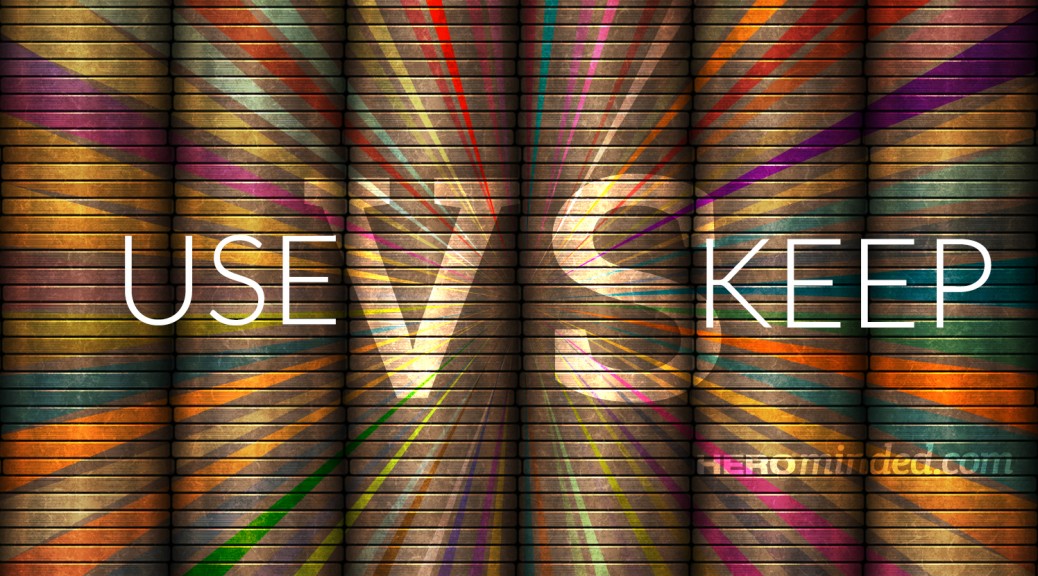Let’s define wealth: it is the ability to meet our basic needs for survival and have resources left over. What we do with the leftovers is what makes us Hero Minded. Or not…
In our daily lives we have the option to change the lives of those who don’t have the infrastructure, opportunity or resources that we do. When we compare what we have to others that have less, we have the choice to operate out of gratitude and empathy or we can look at the same people and operate out of fear that we could lose what we have.
When we operate out of gratitude and empathy, more gets done in the world.
Some of us are wealthy with the family we were born into. I mean that not in a financial way – I mean that in an emotional intelligence way. We were treated well and nurtured. Educated and encouraged. These are not small things in a world where so many go without these fundamental resources. So acknowledging your wealth – in whatever form it comes – is the first step.
A populist mindset is taking hold in the last decade – questioning a system that creates so much income inequality. This seems to imply that wealth is a bad thing. All kinds of wealth – but especially financial wealth – provide us with a platform to do things. It’s our choices about the things we do with all our resources that makes our wealth a hero minded force (toward selflessness), or an instrument for our villain nature (toward selfishness).
On the hero minded side, some billionaires have pledged to give up at least half their wealth in their lifetime or upon their death. Warren Buffett (who pledged 99%), Bill and Melinda Gates (who pledged 95%) describe how this movement is growing into the golden age of philanthropy on 60 Minutes:
Not everyone who is asked (by Warren, Bill and Melinda) agrees to give. There’s an impulse that’s driven by fear: I can’t give away what I’ve earned with my hard work, my ingenuity, my willingness to risk. This is my security, my safety. The thought goes something like this: “If I give it away, I’ll have less (or nothing) to show for everything I did.” Maybe the fear is so pronounced in some, they’re afraid they will end up destitute. Or they’ll lose some imagined status.
Fears drive some pretty irrational thinking. It’s damn near impossible to lose that kind of money, unless you’re being an utter villain with it.
The thing is, we reward hero minded thinking in this stage of our evolution. We applaud what these people are doing with what they’ve earned – universally. That draws even more resources toward their endeavors. The thing that stops us from acting similar is our own fear.
Even villains have fans, but those fans are driven by their own villain nature admiring the selfish display of wealth, hungering for it themselves, trying to hitch themselves to the villain’s train. But that’s not the way the tide is shifting and it will go better for you (trying to appeal to your inner villain here) if you got on board with hero mindedness as soon as you can recognize it and make the shift. More on how to do that soon.
Villains are arrogantly hoarding their wealth. Egos are flailing. They want more for the sake of having more – and have power in the world. To make demands. To show up the guy sitting next to them. To put on a show with an extravagant party. It’s the evolutionary equivalent of the peacock fanning feathers, though in many cases, these feathers are so disproportionately large that the bird wearing them looks like they have all their issues on display. Have you ever wondered how people who come from humble circumstances turn into such jerks once they get their hands on a little bit of power? It’s the fear of the villain inside, wanting to hold on to what s/he has gained.
This is the competitive drive run amuck.
And competitive drive was a necessary thing. Those that give up when things get hard aren’t wired for competition. When you reach a roadblock, getting creative and persistent is often what’s necessary for success. (And knowing what to invest your resources in is the other side of that coin. More on that in another post.) Competitive drive helps us fight and survive. It’s a crucial part of our early evolution.
But collaboration is our new evolutionary (secret?) weapon. We’re able to pool resources to accomplish greater things, through ingenuity we can make new discoveries by working together – these are the things that have fueled us into greater and greater accomplishment and thriving societies. This is how we got ahead. We better recognize it and encourage it. The sooner we do, the greater our progress.
But we’re still allowing ourselves to be shackled by these early impulses of me and mine.
Warren Buffett has some advice to combat that impulse: “I got a lot of yeses when I’ve called people. But I got a lot of no’s, too. And I am tempted – because I’ve been calling people with a billion dollars or more – I’ve been tempted to think that if they can’t sign up for 50 percent, maybe I should write a book on how to get by on $500 million. Because apparently there’s a lot of people that don’t really know how to do it.”
Thinking exercise: If you had to go without ______ (something that defines a thriving life for you) so that ______ (person with much less than you) could have ______ (something that defines survival for them), would you go without? If yes, how can we make this happen?
I leave you with a link to an interesting discussion about whether or not hoarding wealth is a dysfunction.






